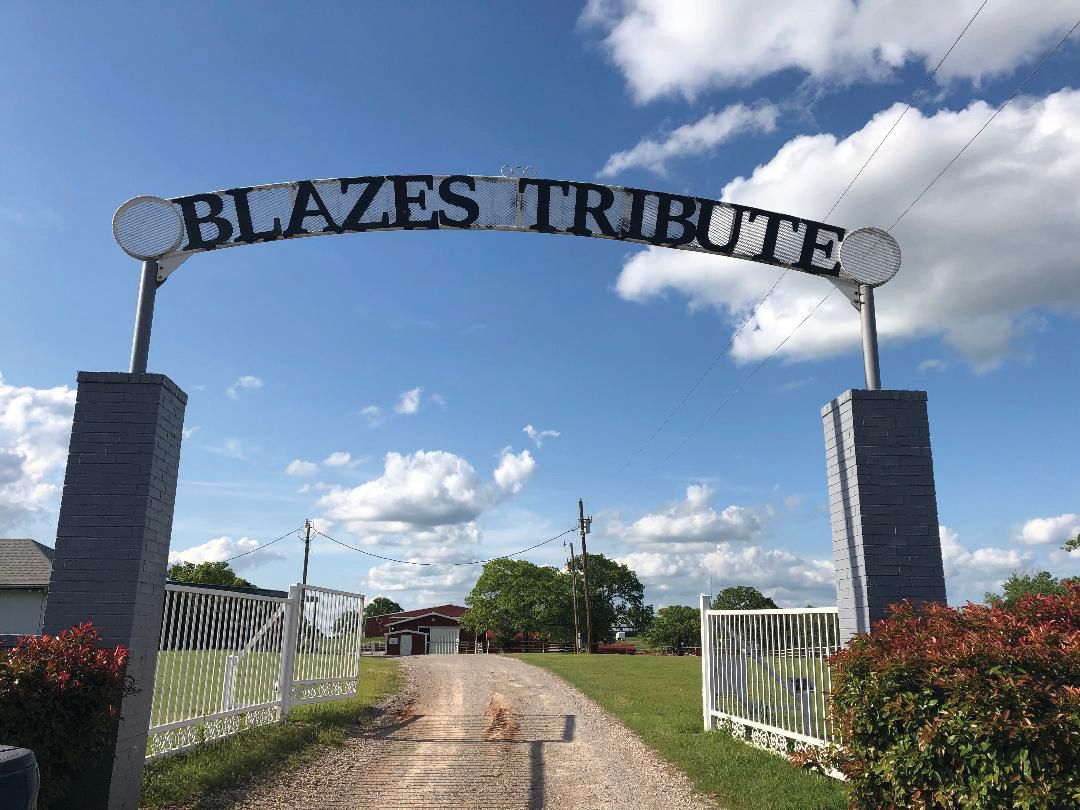
Like companion animals, the horses of Oklahoma also have an overpopulation problem. Domestic horses—racing, competitive, and those kept as pets— and wild horses face welfare issues when owners cannot afford or choose not to care for them. Overbreeding has also contributed to the overpopulation crisis. The 2013 lifting of the ban on horse slaughter in Oklahoma brought the topics of horse euthanasia and overpopulation to public debate.
Horses used in racing, competitive events, and the carriage industry also face specific welfare issues. The current rules and laws governing each industry should be strengthened to reflect national and international standards of care.

Oklahoma has a number of important resources available to combat horse neglect in our state. Blaze’s Tribute Equine Rescue, founded in 2001 by Natalee Cross, has a mission to improve the lives of neglected, starved, and abused horses in Oklahoma. The nonprofit’s work includes horse rehabilitation, education, and adoption services and promotes and teaches humane, natural methods for horse training. Blaze’s serves an average of more than 120 horses each year through its adoption and training program and maintains care for 100 horses at any given time. Visit the Blaze's Tribute webpage for more information about the work being done by that organization.
Recommendations:*
Raise awareness about the consequences of the 2013 removal of the ban on horse slaughter for the state of Oklahoma.
While horse slaughter does not exist in the United States, if the practice were to return, Oklahoma could become a leader in this controversial and disputed practice, which has questionable economic benefit and a high potential for animal abuse.
Educate Oklahomans about the affordability of humane equine euthanasia.
Horses can be euthanized and disposed of for as little as $250, though this process and fee structure is widely misunderstood.
Promote the networking of horse rescues and accredited sanctuaries, and address intentional overbreeding with industry and association groups.
Aggressive education is needed within the equine culture to mitigate horse overpopulation in Oklahoma.
Continue to research and mitigate the root causes of unwanted horses.
The number of unwanted horses is exacerbated by the expenses involved in caring for them, including feed, veterinary care, gelding, euthanasia, and proper disposal of their carcasses.
Educate Oklahomans about performance-enhancing drugs in race and show horses.
While the Oklahoma horse racing industry currently uses a laboratory accredited by the Racing Medication and Testing Consortium (RMTC) for equine drug testing, the Oklahoma industry has yet to adopt all the regulations of the RMTC’s National Uniform Medication Program.
* Recommendations from The Oklahoma Animal Study (Kirkpatrick Foundation, 2016).

